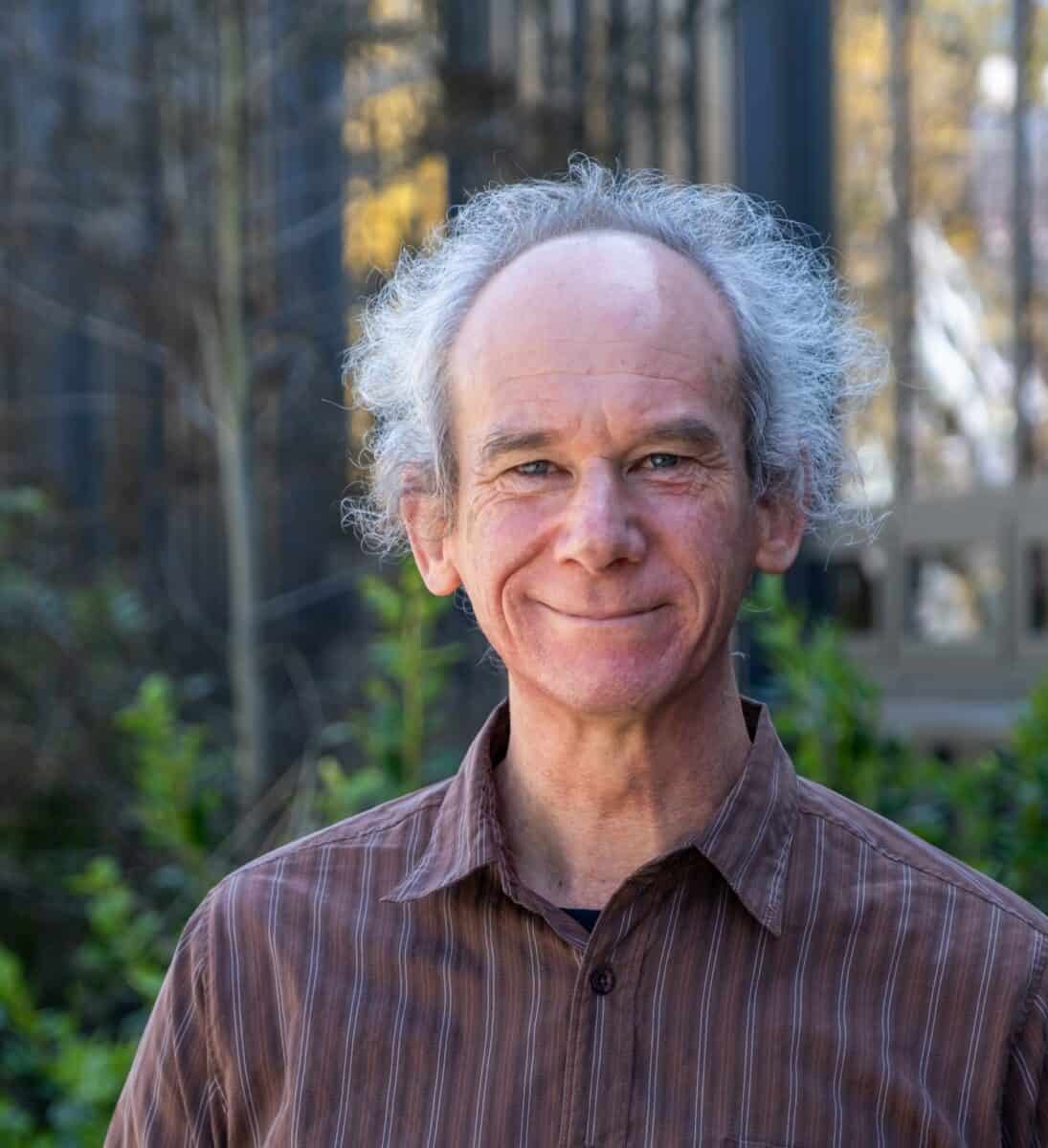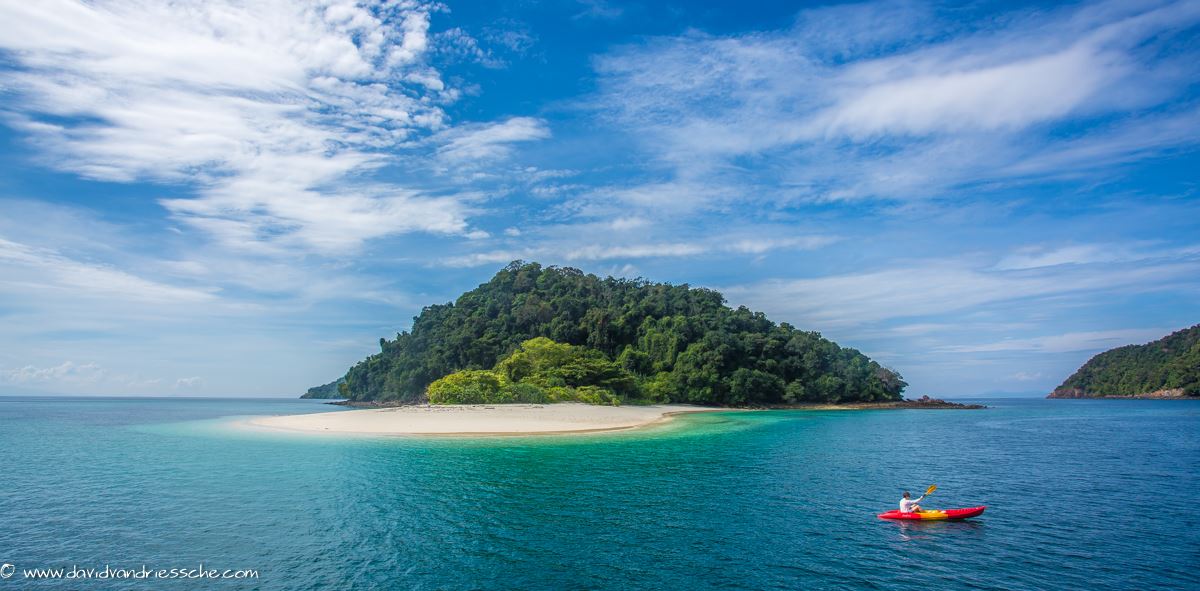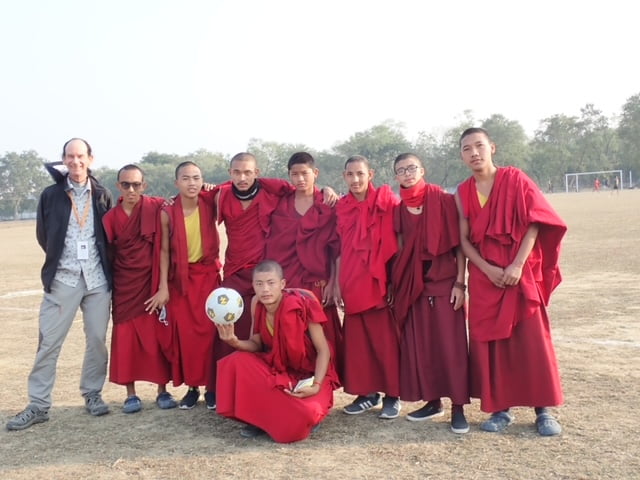After graduating from the University of Canterbury journalism school in 1991, Keith’s first job was in communications with the dis-establishment of DSIR and the founding of the Crown Research Institutes. Manaaki Whenua—Landcare Research was set up in an old state house and abandoned crop nursery at the Lincoln Agricultural & Science Centre Lincoln.
“I remember my first ‘office’ was a potato growing research lab,” says Keith. “There were concrete benches, and it was always freezing cold.”
Keith worked as the sole comms person, journalist and media manager for over a dozen offices around the country.
“It was exciting times, and I was rapt about helping the organisation as it came together and grew, particularly as I was able to get more media coverage here and overseas on the amazing research undertaken, including in NZ Geographic, New Scientist, Nature – and the front page of the DomPost.”
He later worked with another small social research CRI, and as a writer for agricultural, environmental, and business publications, before spending a year studying science and environmental communications in the US and UK as part of a university fellowship.

“That took me to National Geographic, Columbia, Cambridge, and Oxford universities, and even to Walden Pond with Eagles musician Don Henley.”
Keith later worked in Wellington, with Forest & Bird, the Greater Wellington Regional Council, government departments and large PR agencies.
He has always had an affinity for writing and the environment. “I had my first story published when I was 8 or 9 in the local paper about pollution at a local beach,” says Keith.
His interests and opportunities started taking him further afield.
“I was fortunate enough to go down to Antarctica and work as a photographer and journalist. I also went on an expedition to the Tibetan borderlands of southwest China retracing the footsteps of the last foreign explorer, using their original 1920s hand-drawn maps.”
Afterwards, he returned to the expedition’s staging post of Lijiang, which had been extensively damaged by an earthquake, and set up a project raising funds with Red Cross.
“I later ended up living there and in a Tibetan town at 3,300m above sea level for over a dozen years, training local guides in an area where Landcare Research staff once helped set up the first national park in China as the region moved from forestry to tourism.”
More recently, he’s worked in Myanmar on community eco-tourism projects and on natural disaster awareness in Indonesia’s Bali. “As a Kiwi, I think I’m reasonably resourceful and an independent self-starter – as long as I have access to coffee.”

Keith was on his way back to New Zealand in February 2020 as COVID-19 was emerging.
“All the countries that I came through – India, Thailand, Malaysia, and Indonesia – had just been hit,” says Keith, “but when I got back to New Zealand, there weren’t even temperature checks at the airport. I remember telling friends at a dinner that this thing COVID was going to come over suddenly like a dark cloud – they thought I was crazy. But within 6 weeks, we were in lockdown.”
Keith was finishing his contract at Stats NZ leading the comms for the joint Stats NZ – MfE Environment Reporting programme when he learned of the role at BioHeritage. “It sounded like a perfect match for my interests, background and abilities,” says Keith.
What also appealed was the way of working.
“I liked BioHeritage’s collaborative culture, community participation, and results-focus mission to make a real difference.”
Two priorities for Keith are to share the findings of the Challenge programmes using the best ways and channels to reach the audiences that need to know, and to tell those stories at the fourth and final Crazy and Ambitious conference in April.
“It’s all about having an impact, creating something memorable, and establishing a legacy that lasts.”
